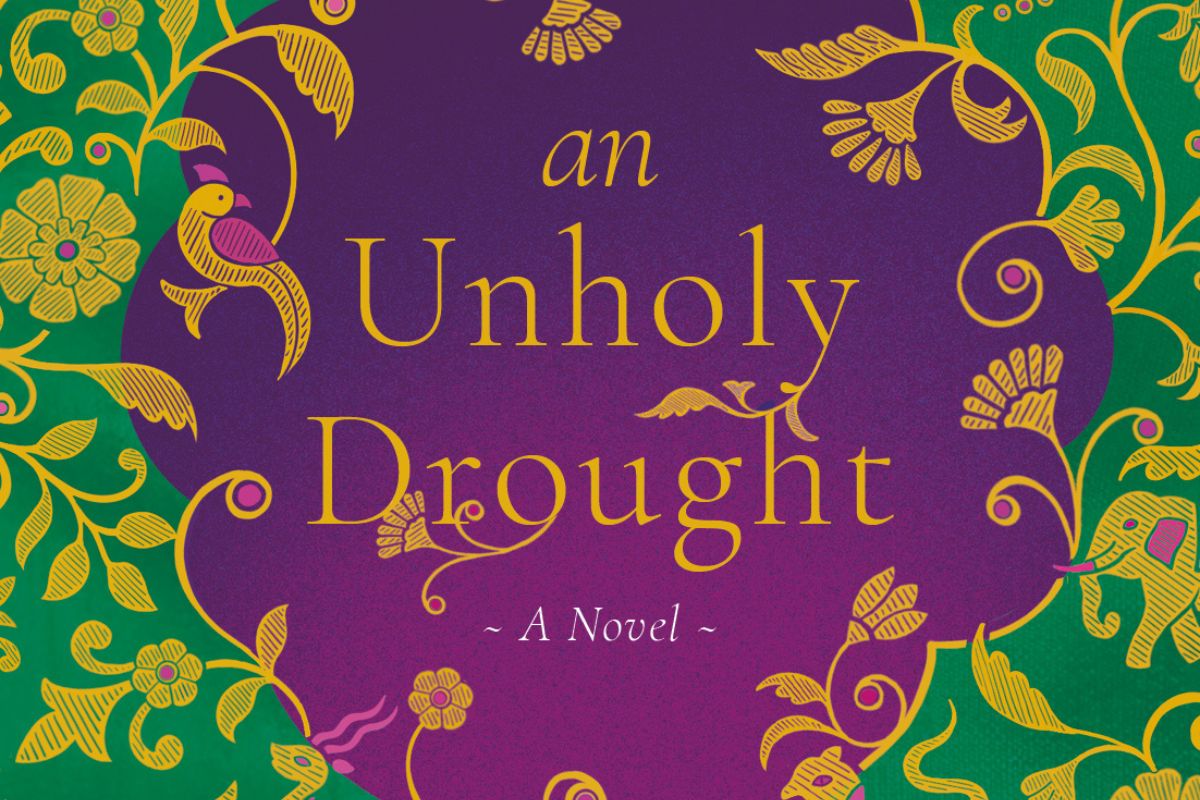Renowned scholar Rana Safvi feels narrative history is important for today’s generation as she said if not narrated, they would never believe in the rich heritage of Delhi.
She was here to speak on Delhi: A History in Literature and celebrate Madhulika Liddle’s new book “An Unholy Drought”.
Advertisement
“Narrative history is important for today’s generation as if not narrated, they would never believe in the rich heritage and diversity of the past. On the hindsight, I feel social media is doing the work of inculcating interest for art and culture in the youth,” she said at the event.
Advertisement
“An Unholy Drought”, the second book in the acclaimed four-novel series – The Delhi Quartet, is a sequel to The Garden of Heavens (2022). The book is penned by Madhulika, a novelist and award-winning short story writer. She was the first Indian to win the Commonwealth Broadcasting Association ‘s Short Story Competition in 2003.
This book spanning 800 years of Delhi’s history is a must read as it unfolds the unexplored narratives of Delhi’s history whilst reaching out to the people who are not ardent readers of non-fiction books.
Safvi and Madhulika discussed how Delhi’s history has been covered in literature over the years. Since, many historical fiction authors who write about Delhi’s history focus on the political history and favour certain periods like that of the Mughals and the British Raj (1857) ,Safvi feels that Madhulika’s “Garden of Heaven” is “unusual” as it delves into the anecdotes of 13th century.
Madhulika has documented her novel in a friendly manner of history which is not bombarded with dates, but with background and core stories of fictional characters. She usually shapes the characters as to how she envisages them to be, which acts as an obstacle as the veracity of those depictions, the emotions they reflect and evoke is poignant.
“It becomes uncomfortable for me to get a hold of their (people on whom the story is based) lives and emotions and then associate them with fictional characters,” she said.
The inspiration of the book stems from her love for the nature of Delhi and the book’s name is derived from the setting of the story – The year is 1556 CE, Humayun has died and his thirteen year old son and heir, Akbar, must battle to save his throne , even as a drought devastates the northern plains.
On being asked about the toughest challenge that she faced while writing the book, Madhulika said that it was a menial task to get resources and material for the pre-Mughal period, however that is what makes her writing distinct.
Safvi added, “Romantic melancholy and nostalgia is connected to the 1857 period which makes it favourable for authors to touch upon. More information needs to be penned on the Sultanate period and Madhulika’s books are unusual for writing about the pre-Sultanate period.”
In order to think like a woman living in that century during 2024, Madhulika tried to evaluate modern characters and imagine how she would want to be. “Human nature does not change, it remains the same”, said Madhulika while concluding the discussion.
An Unholy Drought with its varied characters in Delhi, transitions from the last days of the Sultanate to the dawn of Mughal Empire. Rich with drama and period detail, this book in the acclaimed Delhi-Quartet series is a must read.
The book has been published by Speaking Tiger Books.
Advertisement











